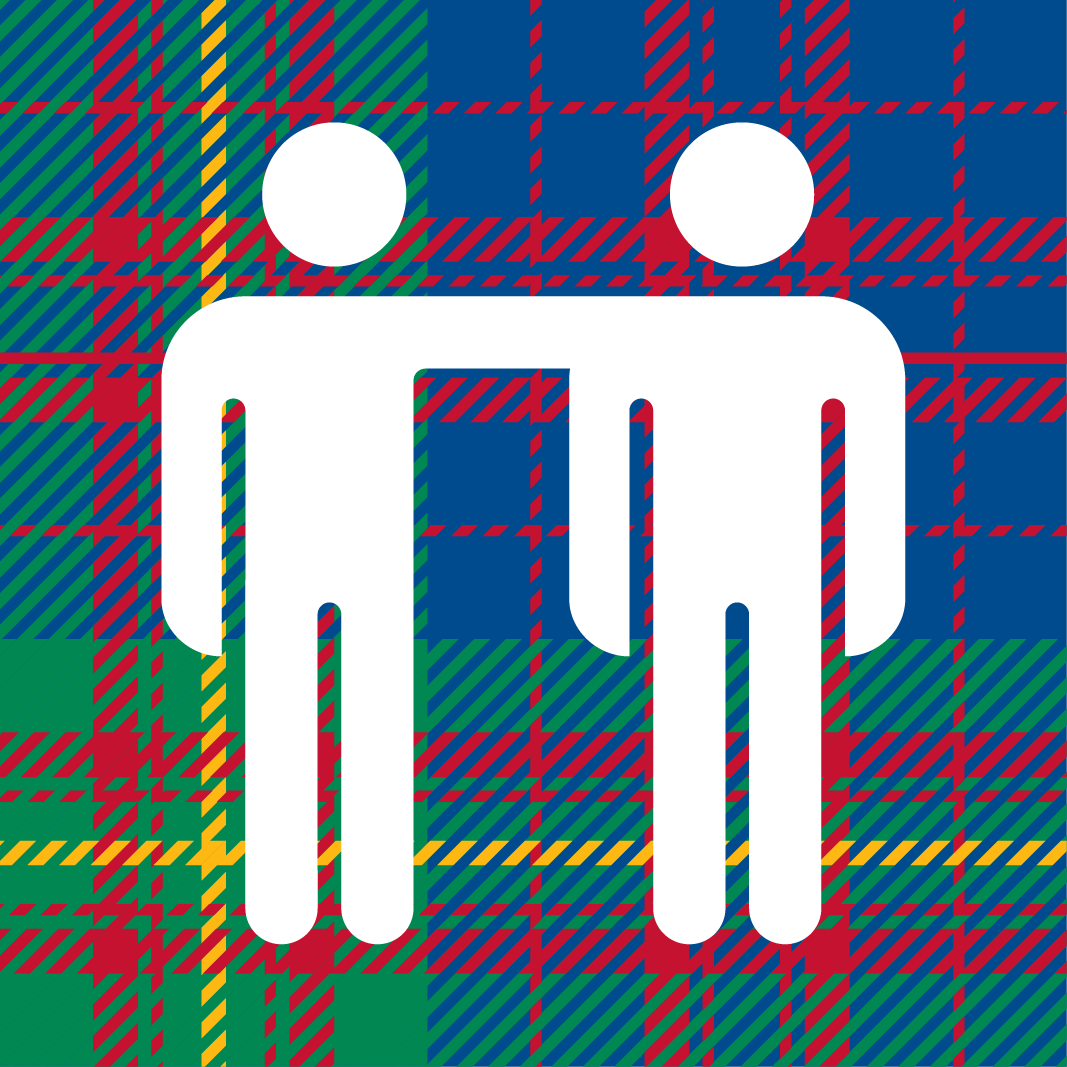An information bubble is created when the ways in which people gain information about the world are correlated and interlinked. As a result, people will only find out a limited subset of the information out there, and may never find evidence contradicting their prior beliefs.
Information bubbles are often created when people only engage with information sources that have a tendency to confirm their prior beliefs, rejecting other information sources as biased, unreliable or unenjoyable. These bubbles are exacerbated when one’s social circle has similar beliefs, cutting off another possible avenue to learn new information.
With the increasing number of information sources available, it becomes easier and easier to select sources that confirm prior beliefs. In fact, some information aggregation sources, such as YouTube, Facebook and Twitter, have a tendency to propose sources of information that confirm prior beliefs by default, as part of an the “personalized recommendations” effort.
How epistemologically dangerous are information bubbles? Can we be trapped in them, unknowing, and never find out the truth? What steps can we take to break out of these bubbles? How can we positively engage with people who are in different bubbles than our own?
